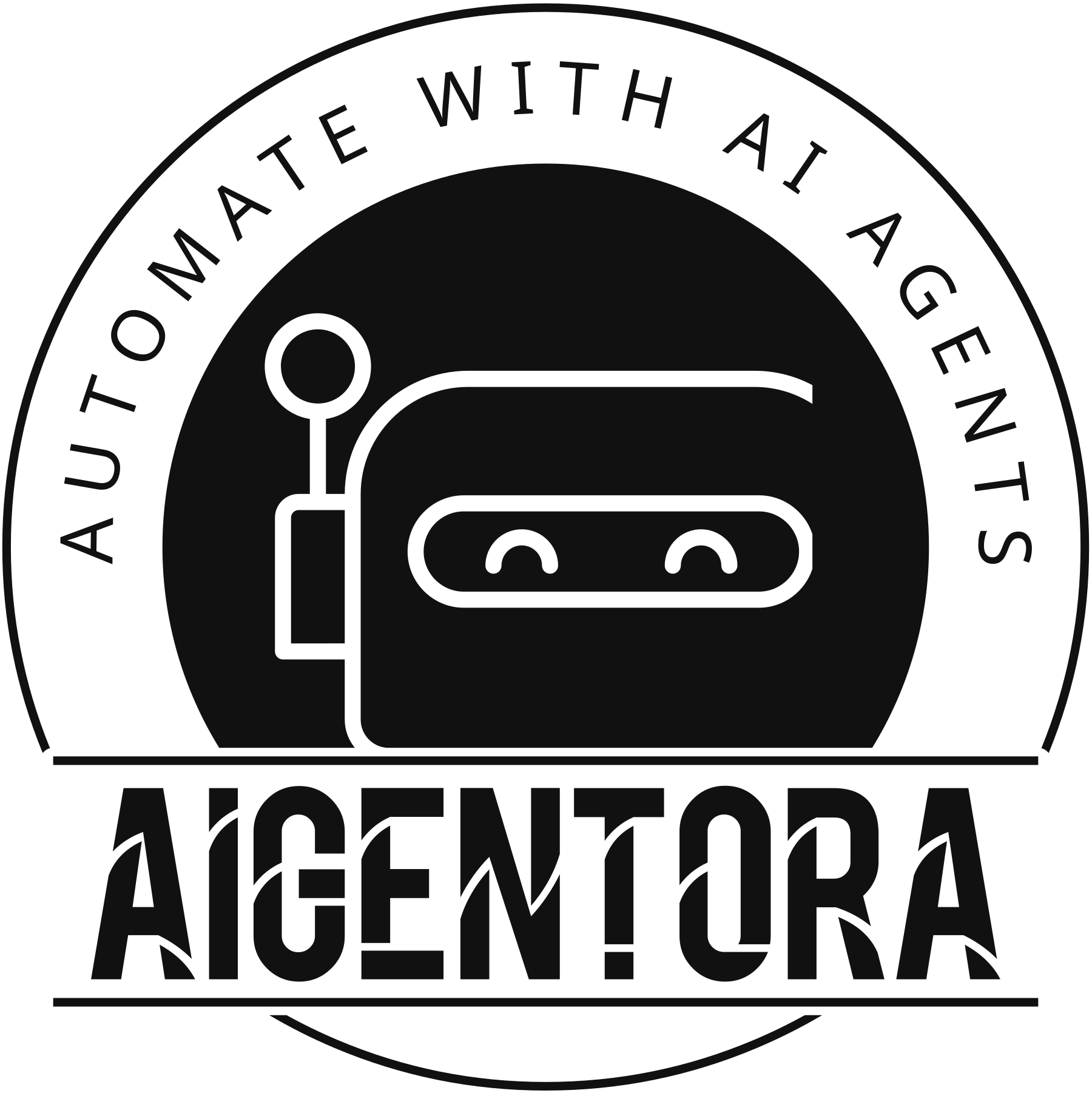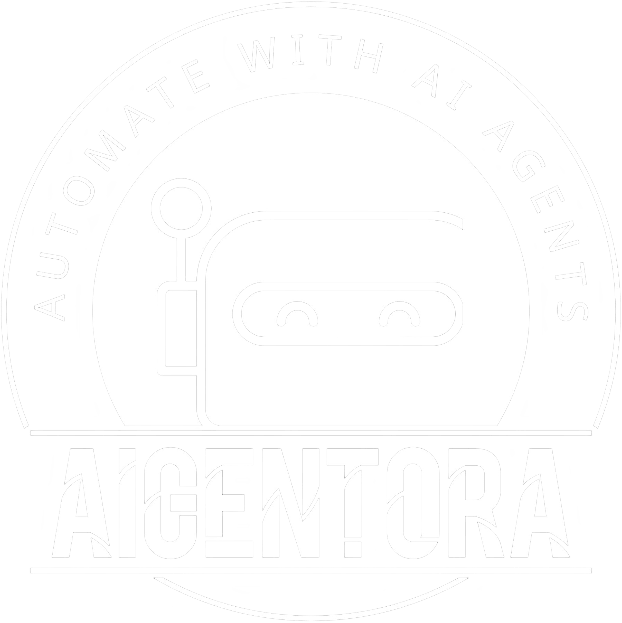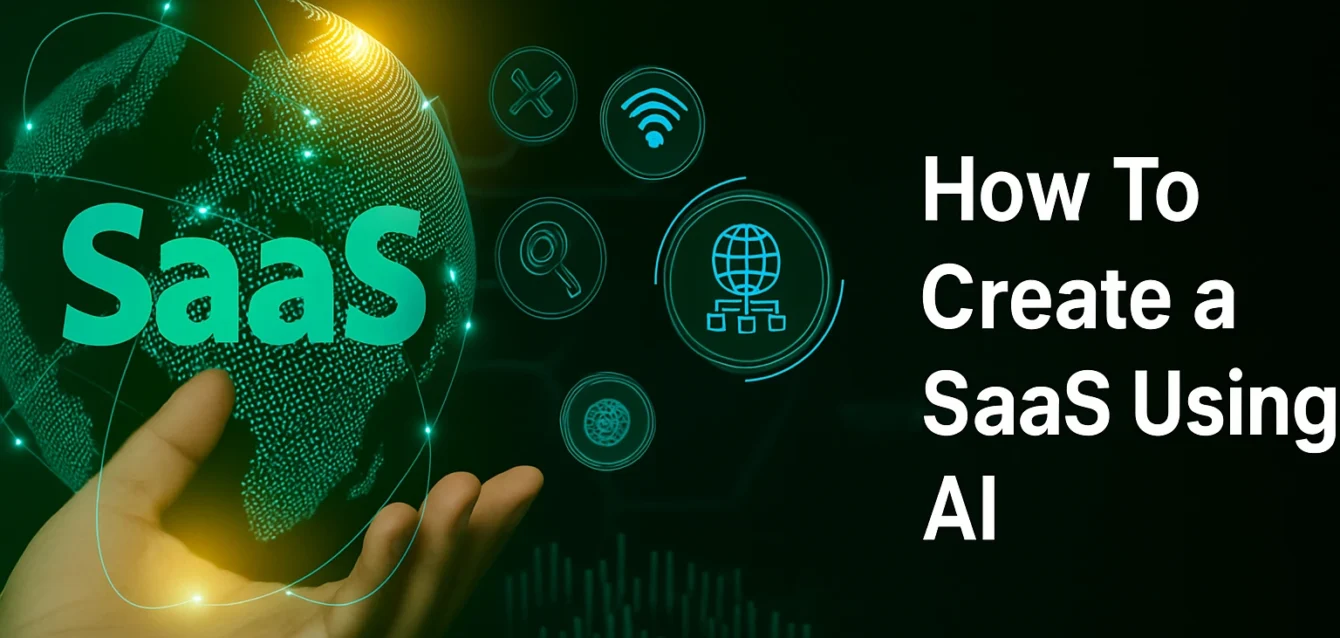🔍 What Every SaaS Startup Should Know About Custom LLMs
Custom Large Language Models (LLMs) are redefining how SaaS startups operate, scale, and compete. From powering intelligent features to streamlining internal workflows, tailored AI models give startups a sharp competitive edge. Unlike off-the-shelf solutions, custom LLMs understand your unique product, data, and customers—making them ideal for delivering context-aware automation, smarter recommendations, and real-time support.
By integrating LLMs into your SaaS platform, you can enhance user experience, reduce churn, and unlock operational efficiency that scales with your growth.
 Impact of Custom LLMs in SaaS Platforms
Impact of Custom LLMs in SaaS Platforms
📈 SaaS tools with embedded AI features report up to 50% increase in user engagement.
💬 Context-aware AI assistants reduce customer support loads by 30–40%.
🧠 LLM-powered onboarding flows can cut activation time by over 60%.
🛠️ AI-based recommendations and personalization drive higher feature adoption and retention.
🚀 how custom llms improve saas performance
🤖 Product Development
Use LLMs to auto-generate product documentation, onboarding guides, and tutorials
Accelerate feature planning with AI-generated competitive research
💬 Customer Support & Success
Deploy AI chatbots to handle Tier 1 queries instantly
Summarize support tickets and recommend solutions
Auto-tag support tickets and route to relevant teams using NLP
💼 Sales Enablement
Equip sales teams with real-time AI-powered deal insights
Auto-generate personalized outreach emails
Use LLMs to summarize CRM data and suggest follow-up actions
 Security & Compliance
Security & Compliance
Use LLMs to flag anomalies in system logs and access patterns
Auto-generate compliance documentation tailored to regulations
Help users understand your terms and privacy policies in simple language
🛠️ Engineering & DevOps
- Use LLMs for code generation, documentation, and unit test creation
Automate infrastructure monitoring with AI agents
Auto-resolve common bugs using past support and issue history
 Marketing & Growth
Marketing & Growth
Use AI to generate high-converting landing page content and CTAs
Auto-personalize email campaigns based on user behavior
 Billing & Subscription Management
Billing & Subscription Management
Auto-generate invoice summaries and payment reminders
Use AI to detect churn risk from billing behavior
Streamline refund or upgrade requests with AI agents
 Analytics & Insights
Analytics & Insights
Summarize product usage trends and user engagement with AI
Generate board-ready reports instantly
Auto-interpret A/B test results and user retention metrics
 AI Strategy for SaaS Teams
AI Strategy for SaaS Teams
Discovery & Alignment
Identify user pain points and internal inefficiencies where AI can provide the most ROI.Model Selection & Training
Choose from fine-tuned GPT models or open-source alternatives, then train on your unique domain data.API & Platform Integration
Securely connect LLMs to your SaaS stack: CRM, support systems, product usage data, and more.Launch & Feedback Loop
Start with MVP, collect real-time feedback, and fine-tune performance with continuous learning pipelines.Scalability & Compliance
Ensure models scale with traffic and maintain compliance with SOC 2, GDPR, and other regulatory frameworks.
why saas startups should choose custom llms

Custom LLMs understand your domain better, providing more accurate and relevant responses.

LLMs automate time-consuming tasks—onboarding, documentation, support, etc.—allowing your team to scale without friction.

With a custom model, you control your data. There’s no sharing with third-party models or platforms.

LLMs enable AI chatbots, copilots, and assistants that feel natural and useful—boosting customer retention.

Over time, a fine-tuned LLM becomes cheaper to run than continuously using paid API services.
🧠 custom llms: the competitive advantage for modern saas businesses
📊 unlock business-specific intelligence:
Train your LLM on internal documents, support tickets, product usage data, and more. This creates a deep, business-aware AI that delivers smarter responses and tailored insights.
🤖 automate customer support & reduce churn:
Custom LLMs can automate replies, resolve tickets faster, and proactively flag at-risk customers using sentiment analysis — improving retention without growing your team.
🚀 enhance onboarding with interactive ai:
Instead of static guides, use your LLM to create adaptive onboarding flows, answer setup questions, and walk users through features based on real-time behavior.
🧭 guide smarter product decisions:
LLMs can analyze user feedback, highlight common feature requests, and detect friction points — fueling your roadmap with data-driven decisions.
💸 cut costs with scalable automation:
Eliminate repetitive manual tasks, reduce reliance on third-party tools, and keep costs down while improving internal efficiency and customer experience.
🔐 DATA SECURITY & TRUST
End-to-end data encryption (at rest & in transit)
Role-based access control (RBAC)
GDPR, HIPAA, SOC 2, and CCPA compliance
LLM behavior monitoring & usage auditing
On-demand red-teaming and risk evaluation
🧠 Frequently Asked Questions: Custom LLMs for SaaS Startups
A Custom LLM (Large Language Model) is an AI model fine-tuned or trained specifically for your business, industry, or customer use case. Unlike general-purpose models like ChatGPT, which are trained on broad, generic datasets, custom LLMs are optimized with your unique data to deliver more accurate, brand-aligned, and efficient outputs.
SaaS startups often deal with niche industries or workflows. Custom LLMs allow them to automate customer interactions, onboard users faster, generate smart recommendations, and reduce manual work — all tailored to their product. This level of personalization increases user satisfaction, retention, and operational efficiency.
Absolutely. One of the key benefits of building a custom LLM is its scalability. As your startup grows, your LLM can be fine-tuned with more proprietary data, integrated across new products, and trained to handle increasing user interactions without compromising performance. With cloud infrastructure and API-based deployment, scaling your LLM alongside your business becomes a seamless process—allowing you to serve 10 or 10 million users with personalized, real-time responses.
Custom LLMs trained on your support docs, ticket data, and knowledge base can instantly answer complex user queries 24/7, reduce ticket volume, and free up human agents for priority tasks. They learn your product’s language, tone, and terminology — ensuring helpful, context-aware responses.
Not anymore. With new frameworks and fine-tuning services available (like OpenAI’s function calling, open-source models, and vector databases), even early-stage SaaS startups can build cost-effective custom LLMs without needing large in-house ML teams. Costs depend on the size of the model, data, and usage scale.
Security is built into the core of custom LLM development. You can train models within secure environments using encrypted, anonymized, or synthetic datasets. Unlike public LLMs, custom models can be restricted from learning or storing sensitive data beyond a session. Moreover, data access can be restricted to internal roles and governed by audit trails, making them compliant with industry standards like SOC 2, GDPR, HIPAA, and more—critical for SaaS platforms dealing with sensitive customer information.
You can use self-hosted LLMs or secure cloud APIs with strict compliance standards (e.g., GDPR, HIPAA). Also, anonymize sensitive user data during training, encrypt model inputs/outputs, and restrict access using proper authentication. Owning the custom model gives you more control over how data is used.
Timelines vary, but with the right data and team, MVP integration can happen in 2–4 weeks. Fine-tuning a small model and connecting it to your platform via API or embedding it into your chatbot/CRM/workflow usually takes less than a month. Continuous improvement can then follow based on real usage data.






